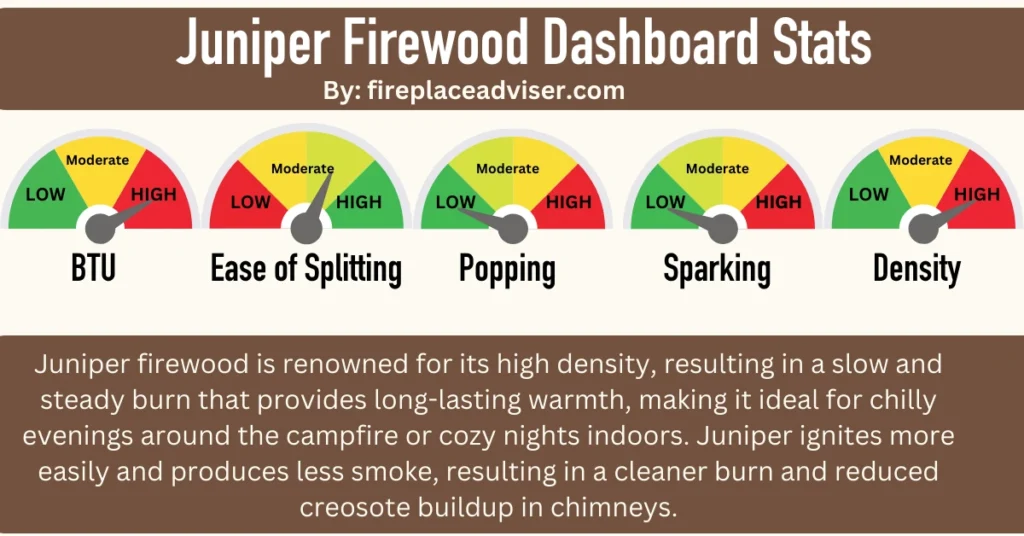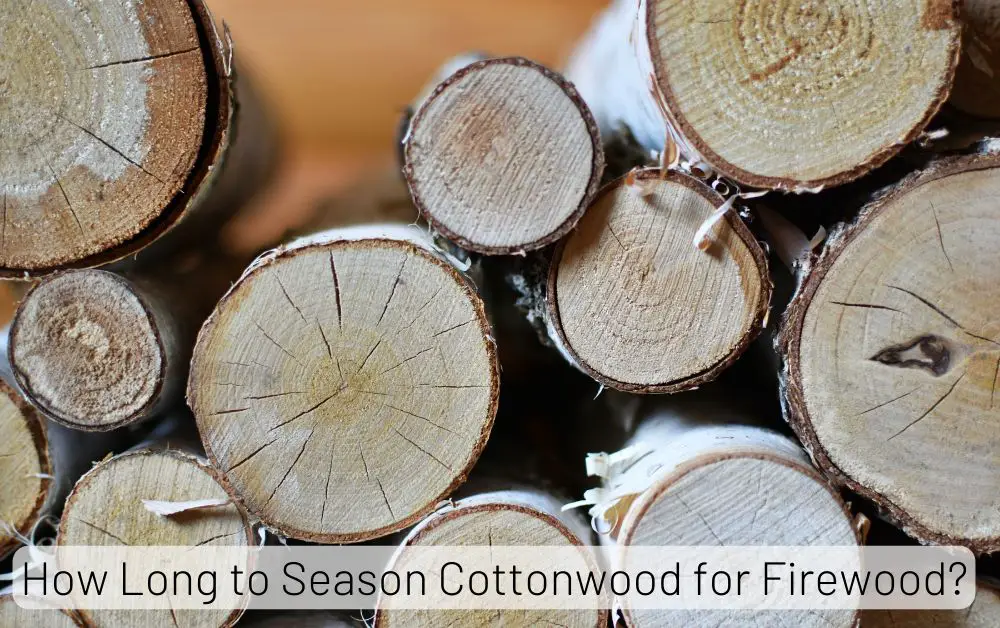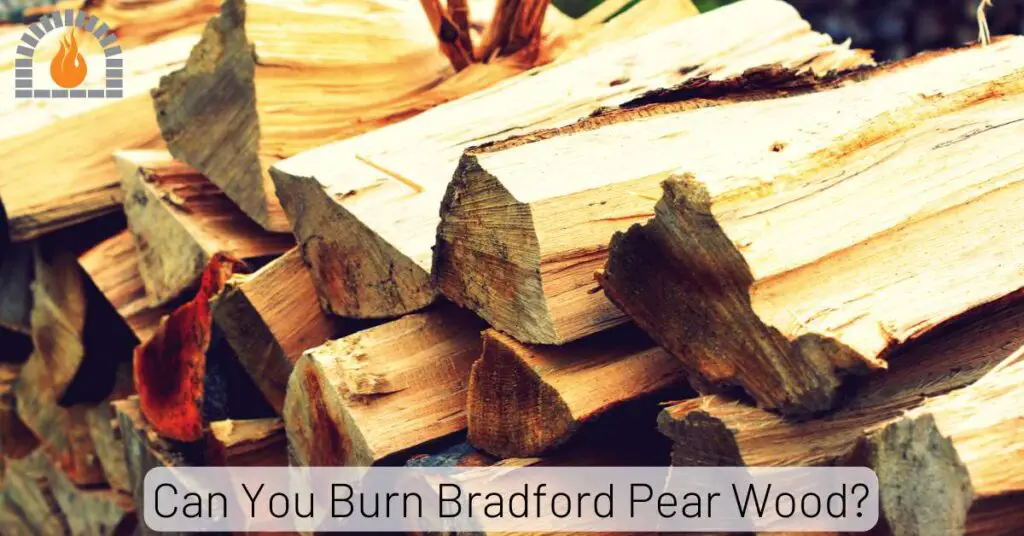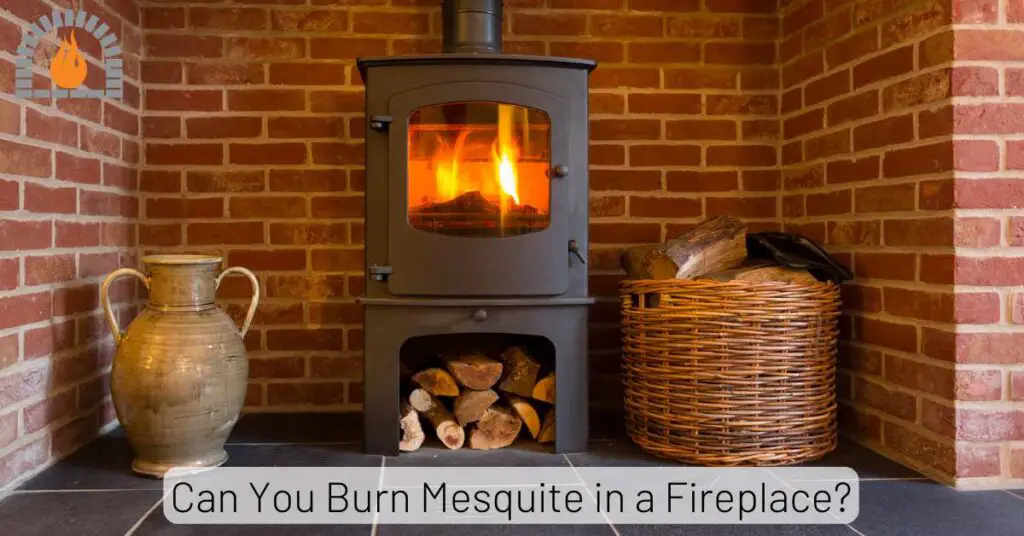When cozying up around a crackling fire, the choice of firewood can make all the difference. With its aromatic scent and dense composition, Juniper often finds itself in the discussion among those seeking the perfect fuel for their hearth. But is Juniper good firewood, or does it fall short of expectations?
Overview
Juniper firewood is renowned for its high density, resulting in a slow and steady burn that provides long-lasting warmth, making it ideal for chilly evenings around the campfire or cozy nights indoors. Juniper ignites more easily and produces less smoke, resulting in a cleaner burn and reduced creosote buildup in chimneys.
| Juniper firewood Characteristic | Description |
|---|---|
| BTU | High (26.4 million BTUs per cord) |
| Smoking | Produces minimal smoke |
| Popping | Low popping tendency |
| Sparking | Low sparking tendency |
| Ease of Seasoning | Dries relatively quickly |
| Ease of Splitting | Moderately easy to split |
| Moisture Content | Naturally low moisture content |
| Aroma | Releases pleasant, aromatic scent when burned |
| Density | High density, burns slowly and steadily |
| Environmental Impact | Sustainably sourced, renewable |
Is Juniper Good Firewood?
Yes, Juniper is good firewood. It burns hot and produces a pleasant aroma when burned. However, it’s important to note that juniper wood can be quite dense and may take longer to season properly than other firewood types.
Some people find that juniper produces more smoke than other types of wood, so it’s best to use it in well-ventilated areas. Overall, if properly seasoned, juniper can be a good option for firewood.

Characteristics of Juniper Firewood
Juniper, a slow-growing coniferous tree, possesses several qualities that make it desirable for use as firewood. Let’s take a closer look at its key characteristics:
High Density and Slow Burning
Juniper wood is known for its high density, which results in a slow and steady burn. This means that juniper firewood can provide long-lasting warmth, making it ideal for chilly evenings around the campfire or cozy nights indoors.
Aromatic Properties
One of the distinctive features of juniper firewood is its pleasant aroma when burned. The sweet, fragrant scent adds to the ambiance of any fire, creating a delightful sensory experience for those gathered around it.
Low Moisture Content
Juniper typically has a lower moisture content compared to other types of firewood. This means it ignites more easily and produces less smoke, resulting in a cleaner burn and reduced creosote buildup in chimneys.
Hardiness and Resilience
Juniper trees are known for their resilience in harsh environments, which translates to durable firewood resistant to decay. This makes juniper an excellent choice for outdoor fires, where it can withstand exposure to the elements.
Pros of Juniper Firewood
-
Juniper wood burns hot and produces a significant amount of heat, making it ideal for keeping your home warm during colder months.
-
Burning juniper emits a pleasant aroma that can enhance the ambiance of your living space, creating a cozy and inviting atmosphere.
-
Compared to other types of firewood, juniper produces less smoke when burned, reducing air pollution and minimizing the risk of respiratory irritation.
-
Juniper wood burns slowly and steadily, allowing you to enjoy extended periods of warmth without constantly replenishing the fire.
-
Juniper wood typically splits easily, making it more manageable to prepare for use in your fireplace or wood-burning stove.
-
Depending on your location, juniper trees may be abundant, making juniper firewood readily available and potentially more affordable than other types of hardwood.
-
Juniper contains natural oils that act as a repellent to certain pests and insects, helping to protect your firewood stack from infestation.
-
Juniper wood often features an attractive grain pattern, adding aesthetic appeal to your fireplace or wood-burning stove when burning or as decor.
-
Juniper trees are often managed through sustainable forestry practices, making juniper firewood an environmentally friendly home heating option.
Related Post: Can You Burn Mesquite in a Fireplace?
Cons of Juniper Firewood
-
Juniper firewood contains natural resins that can cause excessive creosote buildup in chimneys and flues if not correctly maintained, increasing the risk of chimney fires.
-
It can be pretty hard and dense, requiring more effort when cutting or splitting compared to softer woods.
-
While many people enjoy the aromatic scent of burning juniper, others may find it too strong or overpowering, especially if they have sensitivities or allergies to certain fragrances.
-
Juniper burns relatively quickly compared to denser hardwoods like oak or maple, requiring more frequent refueling of the fire to maintain desired warmth levels.
-
Juniper can sometimes produce more sparks than other types of firewood, which may pose a risk of igniting nearby combustible materials if proper precautions are not taken.
-
The sap from juniper firewood can sometimes cause staining on surfaces if not properly handled or stored, which may require additional cleaning and maintenance.
Expert Insights: Using Juniper Firewood Responsibly
As an expert in sustainable forestry, I recommend exercising caution when using juniper firewood to minimize environmental impact. Consider the following tips:
- Source Responsibly: If harvesting juniper wood locally, ensure it’s done sustainably and by regulations to protect natural habitats.
- Diversify Your Fuel: Instead of relying solely on juniper firewood, consider using a mix of firewood types to reduce strain on any species.
- Proper Disposal of Ashes: After enjoying a fire, dispose of ashes properly to prevent the spread of invasive species or diseases.
Related Post: Is Almond Wood Good Firewood?
FAQs – Juniper Firewood
Does juniper firewood produce a lot of smoke?
Due to its lower moisture content, Juniper firewood tends to produce less smoke compared to softer woods like pine.
Can I burn juniper wood in a fireplace?
Yes, juniper firewood can be burned in a fireplace, but be mindful of its tendency to spark and pop.
Is juniper firewood suitable for cooking?
While juniper’s aromatic scent may add flavor to food when used in outdoor cooking fires, avoid using it for indoor cooking due to the risk of sparking.
How should I store juniper firewood?
Store juniper firewood in a dry, well-ventilated area away from direct contact with the ground to prevent moisture buildup and decay.
Does burning juniper wood repel insects?
Juniper’s aromatic properties may act as a natural insect repellent when burned, making it a popular choice for outdoor gatherings.
Can I use juniper firewood in a wood stove?
Yes, juniper firewood can be used in a wood stove, but be cautious of sparks and ensure proper airflow for efficient burning.
Final Thoughts: Is Juniper Good Firewood?
In conclusion, juniper firewood offers unique benefits, including high density, aromatic properties, and resilience. However, it’s essential to consider factors such as sparking potential, availability, and environmental impact when deciding whether juniper is the right choice for your firewood needs.
By weighing the pros and cons and following best practices for responsible wood use, you can enjoy juniper firewood’s warmth and ambiance while minimizing its environmental impact.
Affiliate Disclosure: Fireplaceadviser.com is a participant in the Amazon Services LLC Associates Program. We may earn a commission when you click on certain links on this site and purchase.

Hello!! I am Jamal Khan. I often fix my home electric heaters and gas stove problems and research the common issues in the heating units to improve my knowledge and expertise. The aim of establishing fireplaceadviser.com is to share my expertise and knowledge with my audience.


















